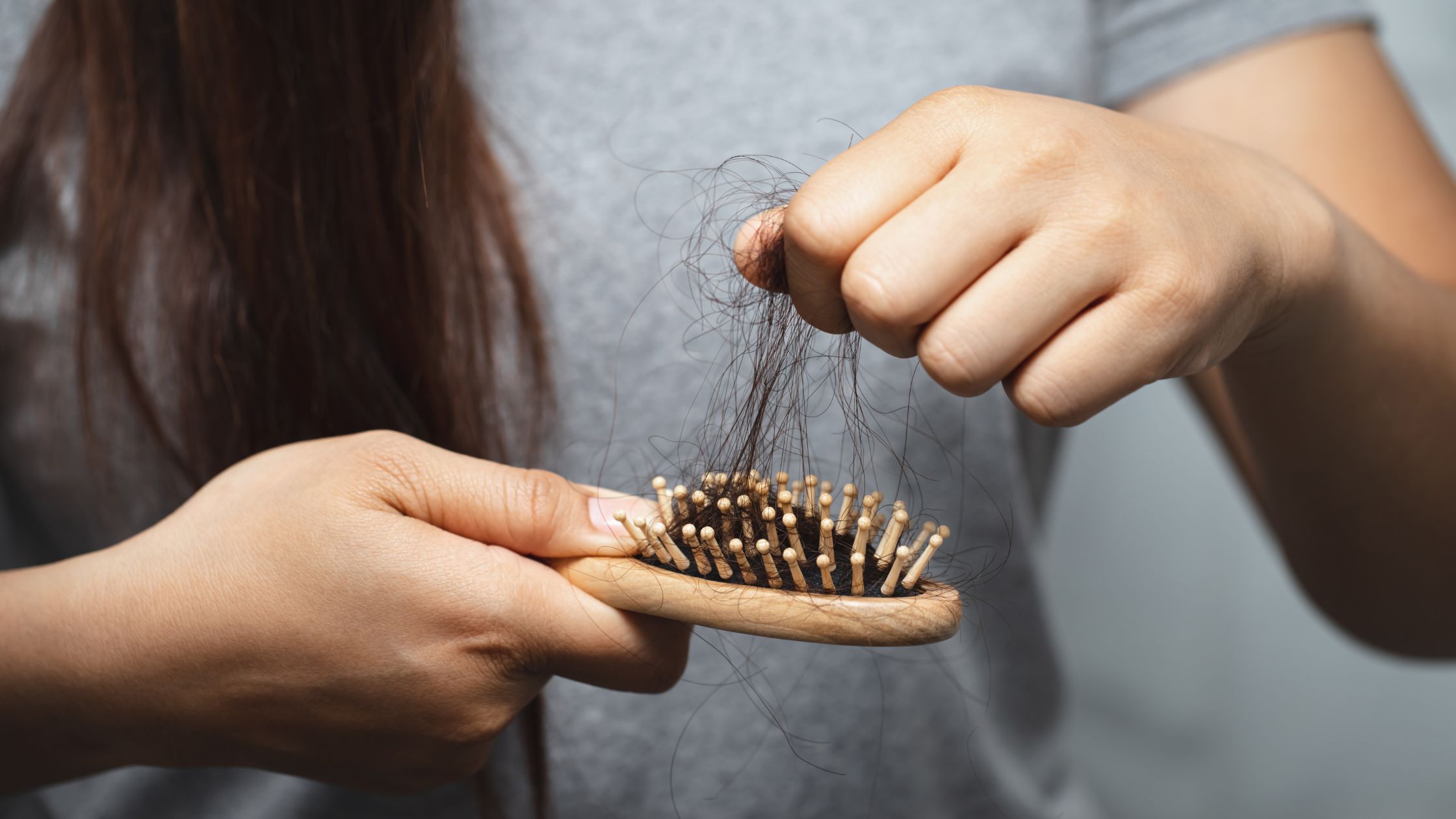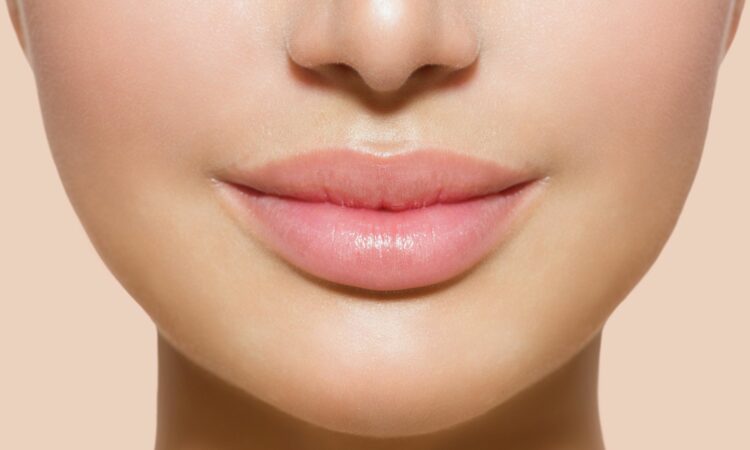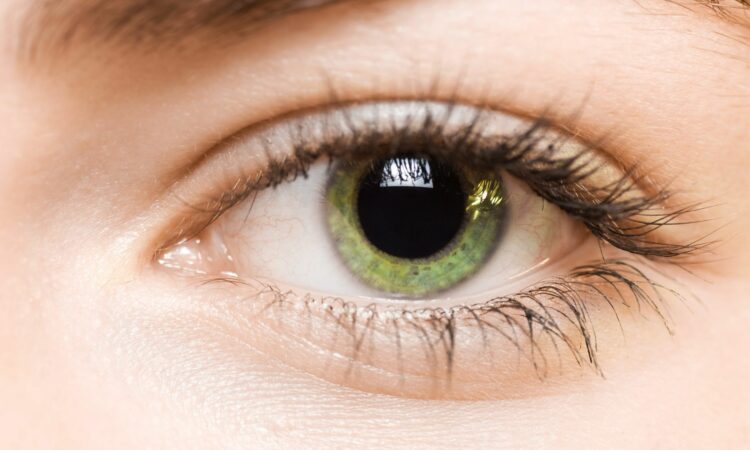
Understanding Menopause-Related Hair Loss: A Comprehensive Guide
Introduction to Menopause Related Hair Loss
Menopause is a natural and significant phase in a woman’s life, typically occurring in the late 40s or early 50s, marking the end of her reproductive years and the cessation of menstruation. This period, often characterised by a decline in the production of hormones such as oestrogen and progesterone, ushers in various changes and challenges in a woman’s body. Among these, one of the most common yet under-discussed issues is hair loss or thinning, which can profoundly impact a woman’s self-esteem and overall quality of life.
While menopause is commonly associated with symptoms such as hot flashes, night sweats, mood swings, and changes in sexual desire, the effect on hair health is not as widely recognised. Hair loss during menopause is primarily due to hormonal imbalances, as the reduced levels of oestrogen and progesterone can lead to a relative increase in androgens (male hormones), which can, in turn, cause hair follicles to shrink, leading to hair thinning and loss. This type of hair loss, known as androgenetic alopecia, can be distressing as hair is often closely tied to identity and self-image for many women.
Furthermore, other factors like stress, nutritional deficiencies, and other common medical conditions during menopause can also contribute to hair thinning. Understanding these changes and their impact is crucial, not just for maintaining physical health but also for mental and emotional well-being. It is essential for women undergoing menopause to recognise that hair loss is a common issue that can be managed through various means.
The Hormonal Shift and Hair Health
The onset of menopause is characterised by significant hormonal changes, most notably a decline in oestrogen and progesterone levels. These hormones, before menopause, played a crucial role in maintaining the health and vitality of hair. Oestrogen is known for promoting faster hair growth and helping to keep hair strands anchored to the scalp for extended periods. This hormone also contributes to the thickness and overall quality of hair.
With the advent of menopause, as oestrogen and progesterone levels decrease, the rate of hair growth slows down, and the hairs that do grow tend to be thinner and less robust. This change in hair texture and density is a common, albeit often disconcerting, symptom of menopause.
Simultaneously, the hormonal shift during menopause includes an increase in testosterone levels. Unlike oestrogen, higher testosterone levels are not conducive to maintaining lush, thick hair. Without oestrogen’s balancing effect, this increase in testosterone can lead to the miniaturisation of hair follicles. As these follicles shrink, the hair they produce becomes finer, and the growth phase of the hair cycle shortens. This results in hair that grows more slowly and is more prone to falling out.
This hair loss, sometimes exacerbated by other factors such as stress and nutritional deficiencies, is a hallmark of the menopausal transition. Understanding these underlying hormonal mechanisms is critical to effectively addressing and managing menopause-related hair changes.
The Psychological Impact
Hair loss during menopause can have a profound effect on a woman’s confidence and self-image, particularly in today’s digital age, where image sharing and social media are ubiquitous. The emphasis on appearance in these platforms often subjects individuals to intense scrutiny, making any changes or perceived flaws, like hair loss, significantly more impactful.
For many women, their hair is not just a part of their physical appearance but also an integral aspect of their identity. Thus, experiencing hair loss can lead to feelings of unattractiveness and decreased self-esteem. These feelings can be exacerbated in social situations, where the fear of judgment or comparison can lead to social self-exclusion. As women withdraw from social interactions, whether in-person or online, to avoid scrutiny or embarrassment, they risk isolating themselves, which can further impact their mental health.
The impact of hair loss is particularly profound in women due to the societal emphasis on hair as a symbol of femininity and beauty. Across various cultures and histories, lush, healthy hair has been celebrated as a sign of youth, health, and attractiveness. The loss of hair can, therefore, feel like a loss of a critical aspect of femininity and can trigger a deep sense of grief and identity crisis. This can be particularly challenging during menopause, a time when women are already navigating significant physical and emotional changes.
The psychological impact of hair loss can be severe, leading, in some cases, to depression and anxiety. These emotional responses must be acknowledged as valid and addressed with empathy. Support from family, friends, and healthcare professionals, along with increased public awareness about menopause-related hair loss, can play a vital role in helping women cope with these challenges and maintain a positive self-image during this transitional phase of life.
Addressing Hair Loss: Practical Solutions
Nutritional Adjustments
Nutritional deficiencies, particularly in vitamins B12, B7 (biotin), B9 (folate), and B2 (riboflavin), are linked to hair loss. Iron, zinc, protein, and vitamin D deficiencies are also common contributors. Incorporating foods rich in these nutrients can significantly improve hair health. Options include lean red meat, beans, pulses, fortified cereals, nuts, and soy products.
Stress Management
Physical and mental stress can exacerbate hair loss by redirecting bodily resources from non-essential functions like maintenance. Managing stress through yoga, meditation, or other relaxation techniques is crucial for maintaining hair health.
Medical Interventions
Medical interventions may be considered if nutritional and stress management strategies are insufficient. These include:
Topical and oral medications: Whilst it may be tempting to try out hair loss remedies you have found on the internet, it is imperative that a GP prescribes or prescribes any topical or oral medication.
Hormone Replacement Therapy (HRT): Beneficial if other menopausal symptoms like hot flashes and mood swings accompany hair loss. However, the risks and benefits must be carefully weighed.
Imperial Aesthetics: Tailored Hair Loss Solutions
Imperial Aesthetics offers a range of scientifically proven treatments to restore thinning hair. Consulting with professionals like Dr. Daniel Hunt can help determine the cause of hair loss and develop an effective treatment plan. We provide minimally invasive treatments to increase blood flow to the affected area and will also offer advice and support throughout your hair restoration journey.
Imperial Aesthetics emphasises a client-focused approach, offering personalised consultations to understand individual needs and determine the most suitable treatment plan.
These Articles May Also Interest You:
Embracing Age with Grace: A Journey Through Menopause
The Link Between Menopause and Skin Changes
Menopausal Skin – 5 Natural Beauty Treatments to alleviate the effects
Choose Hair Restoration With Imperial Aesthetics
Understanding and addressing menopause-related hair loss requires a multifaceted approach, considering hormonal changes, nutritional status, stress levels, and individual health factors. With various treatment options, including those offered by Imperial Aesthetics, women can find practical solutions to restore their hair health and confidence. This journey, while challenging, can lead to renewed self-esteem and a better quality of life.
Related Articles
-

Plump, Perfect, and Picture-Ready: The Magic of Lip Fillers
Understanding Lip Fillers Picture this: you, confidently strutting down the street, turning heads with every step. Your lips, full, luscious,…
-

Bright Eyes, Beautiful You: The Art of Tear Trough Fillers
Understanding Tear Trough Fillers We’re diving into the world of tear trough fillers, a cosmetic marvel that’s gaining huge popularity…
-

Embracing Natural Beauty: A Comprehensive Guide by Imperial Aesthetics
You Are Beautiful Inside And Out In a world where artificial enhancements and cosmetic procedures are increasingly common, it’s refreshing…



